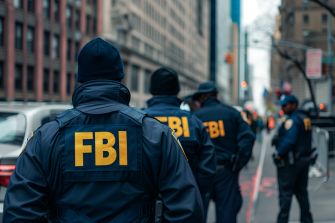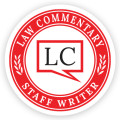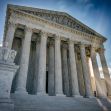The U.S. Supreme Court unanimously ruled Thursday that a family whose home was mistakenly raided by federal agents has the right to sue the U.S. government, significantly clarifying the scope of federal liability in cases known as "wrong-house raids."
Justice Neil Gorsuch authored the unanimous opinion, addressing the critical issue of whether victims of mistaken federal raids can hold the government accountable under the Federal Tort Claims Act. This act generally permits lawsuits against the federal government for wrongful acts by its employees, creating an exception to the usual rule of "sovereign immunity," where the government cannot ordinarily be sued.
The case centered on a 2017 incident involving Trina Martin, her partner Toi Cliatt, and their 7-year-old son Gabe, who were living in Atlanta when FBI and SWAT agents wrongly raided their home. The officers were executing an arrest warrant intended for their neighbor, who was accused of gang-related crimes.
Martin and Cliatt sued the FBI and individual agents in 2019. Federal authorities argued that the government should not be held liable for the officers' error, maintaining that agents had been directed to raid the correct house and that imposing liability for their mistaken judgment could harm federal law enforcement operations.
The Supreme Court, however, sided unanimously with the family, interpreting the Federal Tort Claims Act amendments from 1974, enacted partly due to public outrage over similar mistaken raids, as clearly intended to allow such suits, irrespective of whether the error was due to faulty execution or incorrect orders.
Justice Gorsuch emphasized that the statute explicitly allows individuals harmed by federal agents' wrongful actions to seek redress, ensuring accountability and addressing concerns over unchecked law enforcement actions.
Historically, the Supreme Court's conservative majority has often set stringent standards for similar lawsuits, frequently siding with law enforcement agencies. Yet Thursday's decision represents a marked departure, signaling a renewed willingness by the Court to enforce accountability standards upon federal law enforcement.






